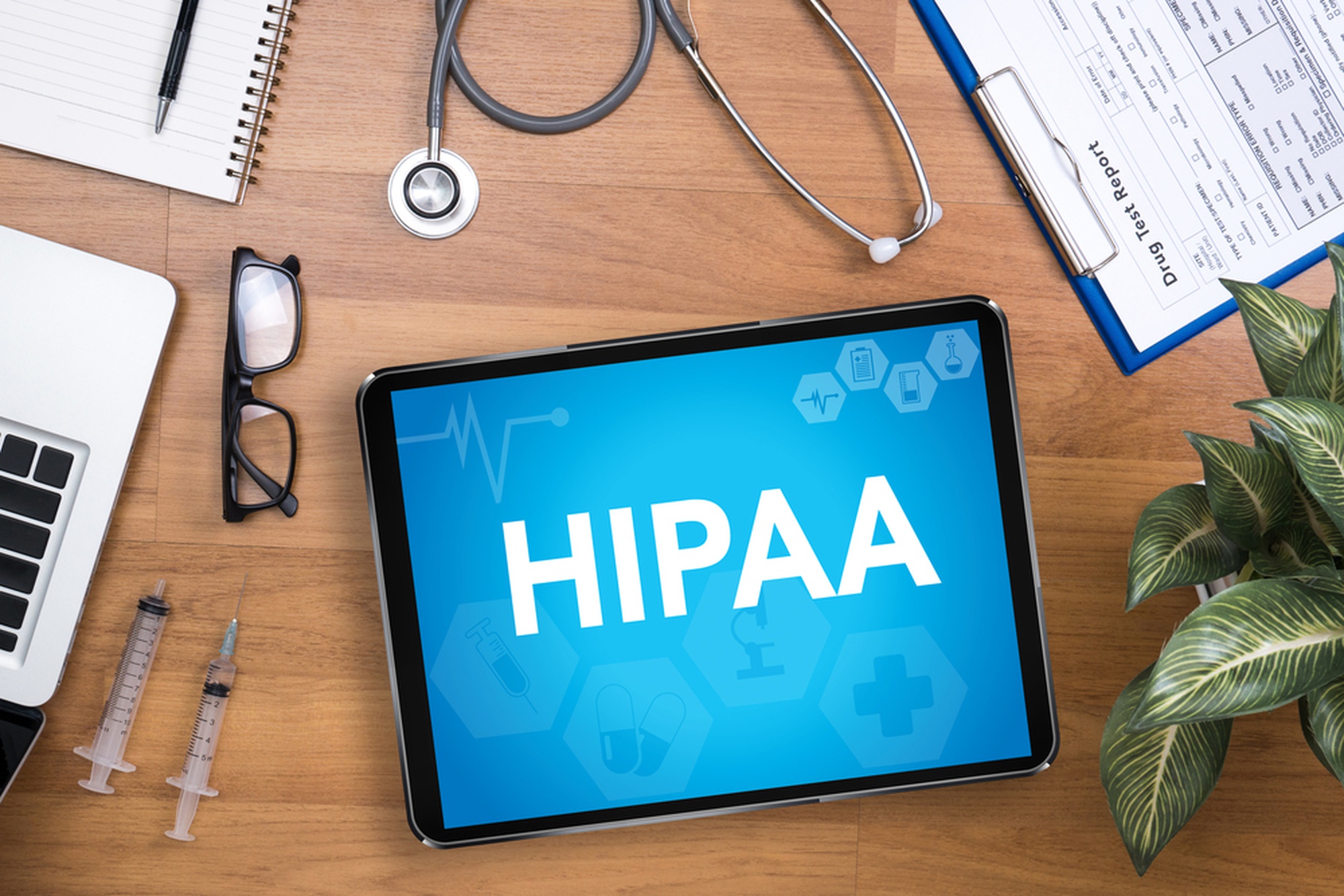Being up-to-date on HIPAA compliance regulations is crucial for any medical professional. The law was put designed to guarantee the protection of patients’ medical information, and that means all medical employees must know and be aware of these rules. In the ever-changing world of information, it can be challenging to keep HIPAA compliance. There are many resources that can help ensure that your practice remains in compliance and secure. You’ll be able to provide the required tools to protect confidential health information by having a thorough understanding of HIPAA compliance. This includes a consistent evaluation of communication protocols and procedures for handling sensitive data. In compliance with these regulations is essential for keeping private information from potential breaches of security and loss of confidence in your practices. It is imperative to follow the steps toward implementing HIPAA compliance. This is a sign that you care about the privacy of patients and is a crucial element of the success of your medical practice.

HIPAA compliance is essential for anyone who works with sensitive patient data. Anyone who deals with Protected Health Information (PHI) are required to understand and adhere to the policies that are outlined in HIPAA regulations. Failure to adhere to HIPAA regulations can lead to severe penalties or even compromise the confidentiality of the patient’s information. It is vital that you are able to swiftly react to any breach that may occur. Due to increasing cyber attacks and data breaches it’s essential to understand HIPAA standards and recognize any non-compliance. Healthcare facilities can secure their patients’ personal information by being well-versed in HIPAA compliance. This will assist them in avoiding expensive penalties.
HIPAA compliance provides employees peace of mind by guaranteeing that sensitive medical information is handled in accordance with the highest standards of privacy protection for patients. Employers can establish an HIPAA compliance plan that addresses all aspects of employee data security. This gives employees assurance that their private data won’t be misused or divulged in an unnecessary manner. The trust is built between the employee and employer, giving the impression that both are responsible for safeguarding each other’s privacy as well as their mutual goals. Employers can set up secure and safe workplaces that let employees be confident that their medical information will remain private.
HIPAA compliance plays an important role in all healthcare systems. It is essential to be aware of when to declare an HIPAA violation. It is important to understand the legal requirements. Healthcare providers must protect the privacy of patients and confidential information. Anyone with access to PHI should immediately notify any potential breach. Civil and criminal penalties can be applied for negligence in reporting violations. If they believe that their rights and/or PHI are in violation, patients can file a complaint with Department of Health and Human Services Office for Civil Rights. The proper advice to employees regarding HIPAA compliance and providing thorough training on HIPAA policies should reduce incidents of noncompliance and also ensure that authorities are informed when finding a violation.
Respecting HIPAA regulations benefits employees in a variety of ways. This does not only safeguard the privacy of their personal information, but it also ensures that they know that their employer is taking all the appropriate precautions to ensure their safety. HIPAA compliance also facilitates communication between employees and employers. It is a guarantee that any health-related discussions take place in a safe setting. The ability to keep employers and employees’ personal information safe increases confidence, which will result in greater satisfaction at work and better retention rates. HIPAA compliance is a signal to employees that the company is committed to its employees. Additionally, it helps create a successful and collaborative workplace.
For more information, click explain the contents of subtitle d of the hitech act
